Have you ever wondered what impact a single individual can have on the world? It’s incredible to think about the possibilities when someone decides to use their influence and resources to make a positive difference. One remarkable example is the recent initiative by YouTube personality Mr. Beast, who embarked on an incredible mission to construct 100 water wells in Africa. This endeavor represents more than just a series of construction projects; it offers life-changing access to clean water for countless people. Let’s take a closer look at this inspiring project and its broader implications.
The Vision: Addressing Water Scarcity
Water scarcity is a significant issue in many parts of Africa. According to the World Health Organization (WHO), millions of people in sub-Saharan Africa lack access to safe drinking water. This shortage has far-reaching impacts, affecting health, education, and economic development. Addressing this issue is critical for improving the lives of individuals and communities.
Challenges of Water Access in Africa
In sub-Saharan Africa, accessing clean water is often arduous, requiring women and children to travel miles each day to collect water from potentially unsafe sources. This not only affects health but also restricts educational opportunities, particularly for young girls who are often tasked with water collection duties.
The Importance of Clean Water
Access to clean water is a basic human right, yet it remains a luxury for many. Without it, communities face increased risks of diseases such as cholera, dysentery, and typhoid. By providing reliable sources of clean water, we can significantly reduce these risks. Additionally, clean water access can transform communities, sparking improvements in healthcare, education, and economic activities.
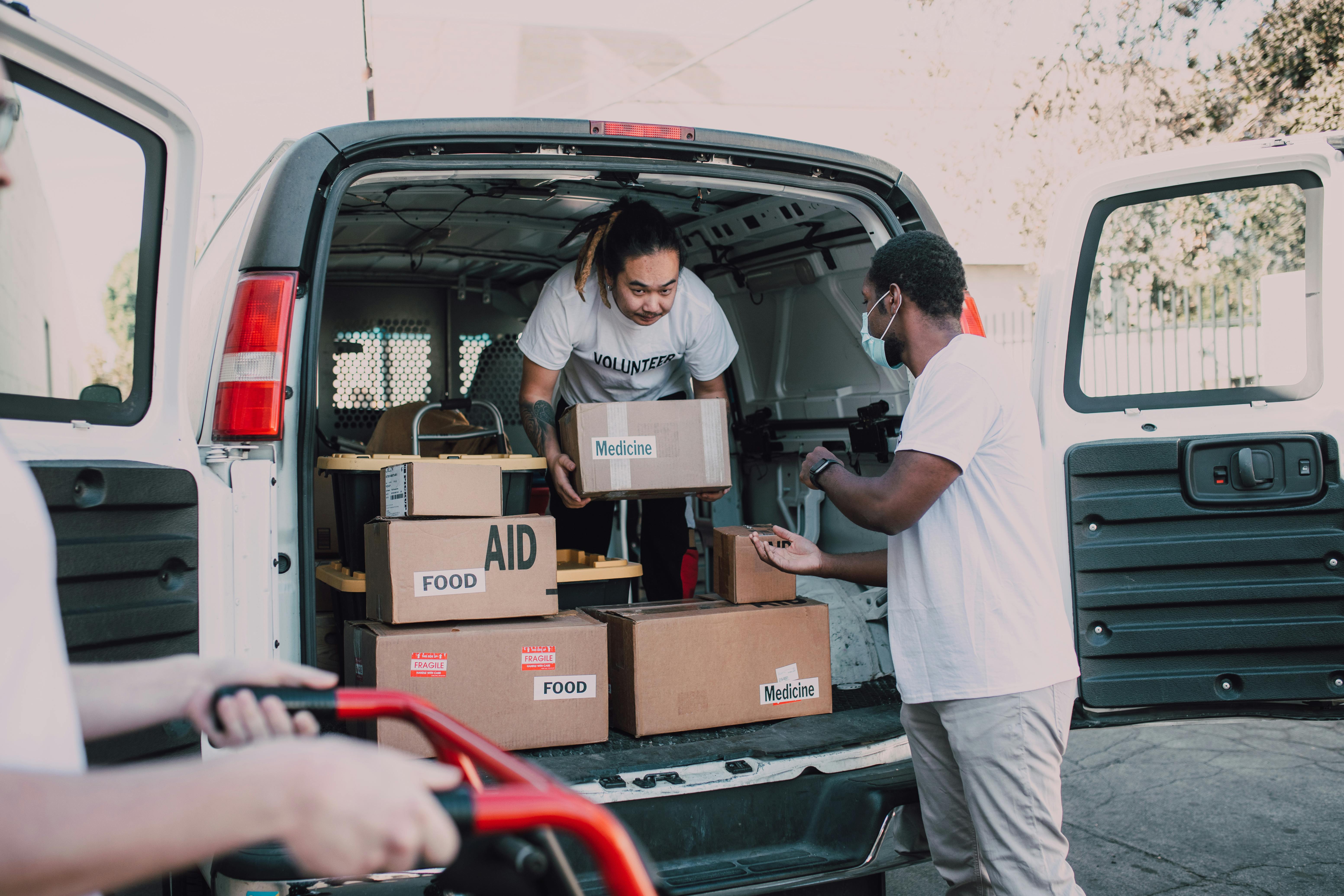
Mr. Beast’s Contribution: Building 100 Water Wells
Mr. Beast, whose real name is Jimmy Donaldson, is known for his philanthropic efforts and creative ventures. His decision to fund the construction of 100 water wells across Africa was driven by a desire to create meaningful change. Each well can provide clean water to hundreds, if not thousands, of people, making a sustainable impact on local communities.
Collaboration with Local Partners
This undertaking required collaboration with on-the-ground partners who understand the specific needs of each community. By working alongside organizations with experience in well construction and water management, the project ensures that the wells are built efficiently, sustainably, and with community needs in mind.
Implementation and Planning
Constructing 100 wells is no small feat. It involves extensive planning, resource allocation, and logistical coordination. Workers must assess the water table, select appropriate drilling sites, and employ sustainable practices to maintain the wells. These measures ensure that each well provides long-term benefits.
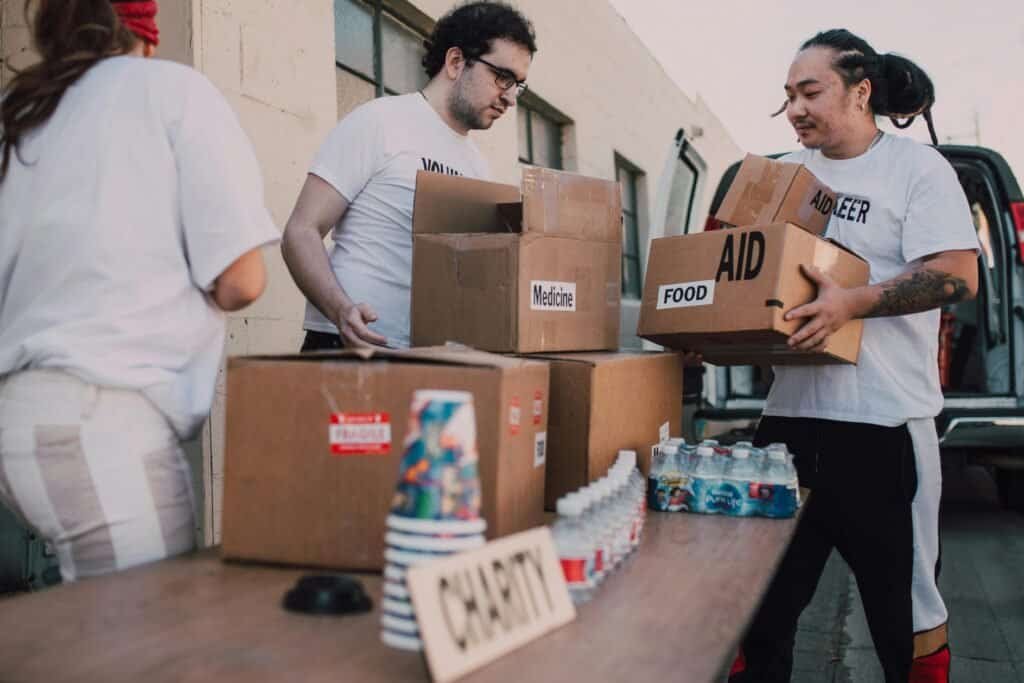
The Impact: Transforming Lives
The true measure of this initiative’s success lies in the lives it changes. Each new well is a testament to the positive ripple effects of accessible clean water.
Case Study: A Day in the Life Before and After
Consider a typical day for a family pre- and post-well construction. Before a well, a community member might spend hours fetching water from a distant or unsafe source. This daily routine impedes productivity, prevents children from attending school, and increases health risks. Now, post-construction, the availability of a nearby well allows families to shift focus to education, livelihood, and health without the burden of water scarcity.
Educational Advancements
Access to water directly correlates with better education opportunities. With nearby wells, children can attend school regularly rather than trekking long distances for water. Educational attainment leads to broader societal changes, including reduced poverty rates and economic empowerment.
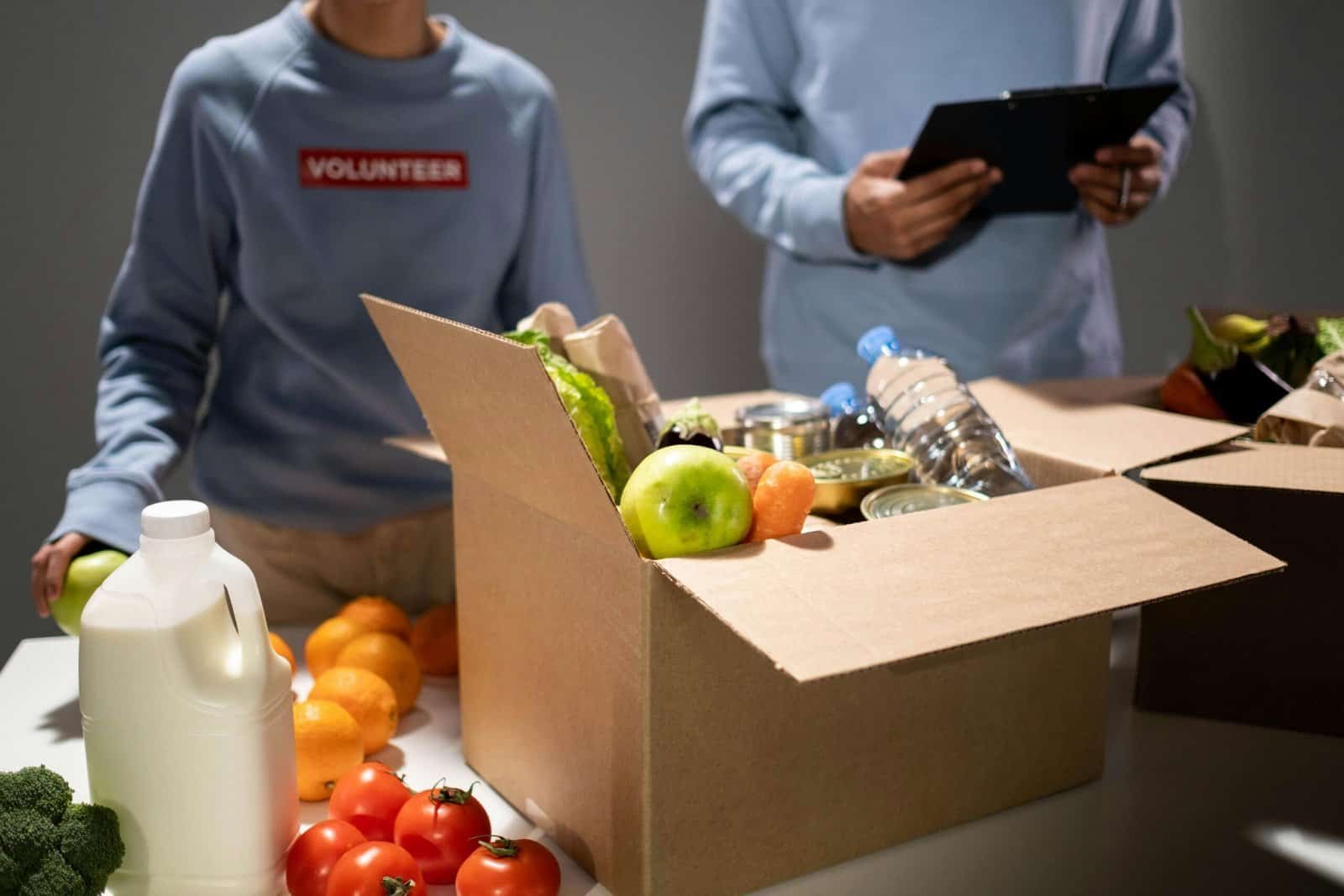
The Global Perspective on Water Access
While Mr. Beast’s project is commendable, it’s essential to recognize the ongoing global water crisis. Water scarcity isn’t confined to Africa; it’s a worldwide challenge. This project raises awareness and models practical action that others can emulate.
Broader Efforts in Combating Water Scarcity
Organizations worldwide—both governmental and non-governmental—are working to tackle water scarcity. Initiatives like investing in infrastructure, promoting water purification methods, and educating communities about water conservation are examples of these efforts.
Encouraging Future Projects
Mr. Beast’s initiative serves as an inspiration for others, potentially encouraging individuals and organizations to embark on similar projects. Harnessing social media and community influence can amplify these efforts, reaching new heights in public engagement and problem-solving.
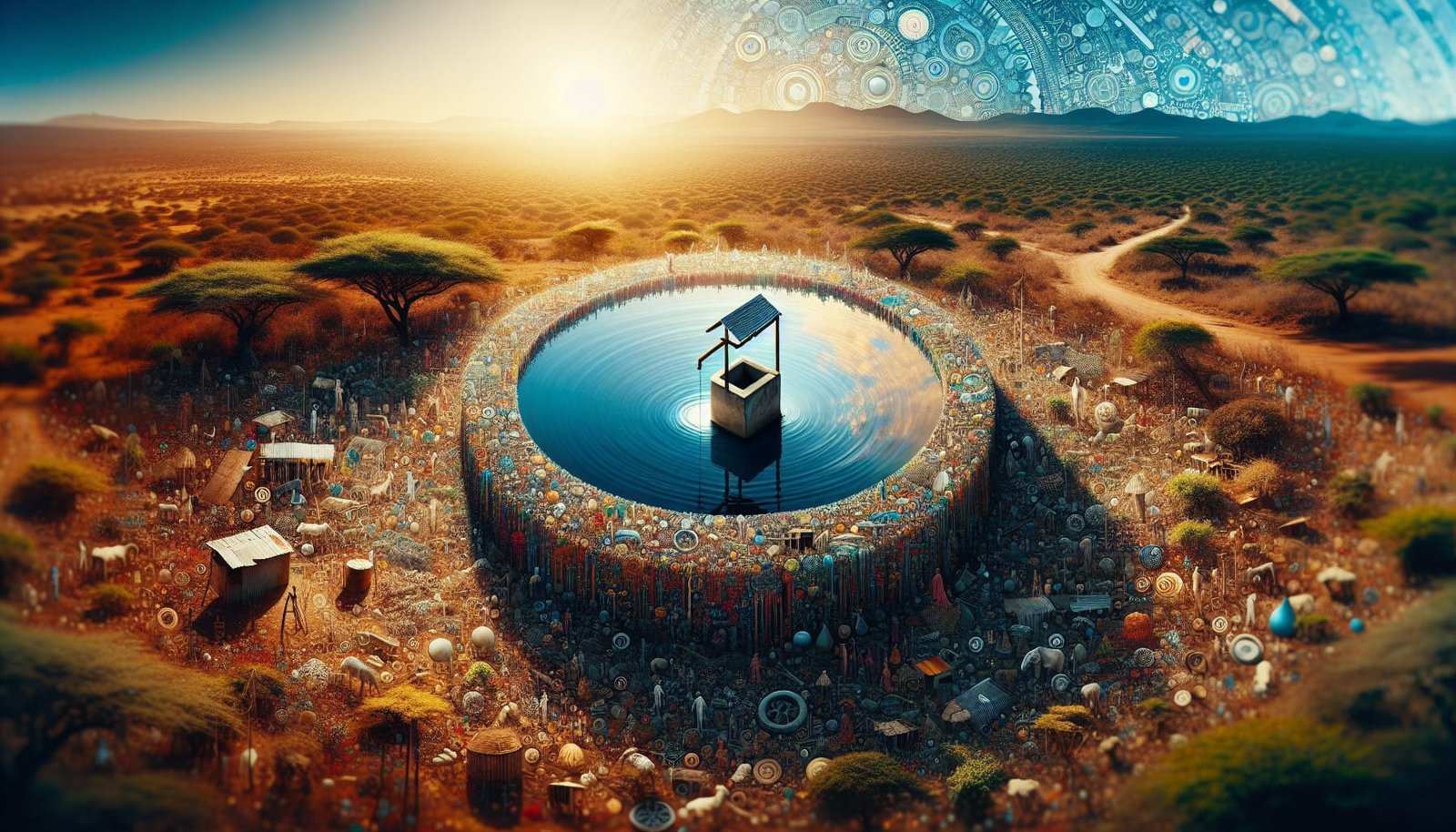
Lessons Learned from the Initiative
The project teaches us valuable lessons about the power of community-driven action and individual influence in combating global issues.
The Potential of Collaboration
Collaboration is crucial for the success of such projects. Engaging local communities ensures that initiatives are culturally sensitive and meet the actual needs of the people they’re designed to help.
The Role of Influencers in Social Change
Mr. Beast’s project highlights the positive role influencers can play in enacting change. As public figures with platforms reach millions, they are uniquely positioned to raise awareness, gather support, and fund significant initiatives.
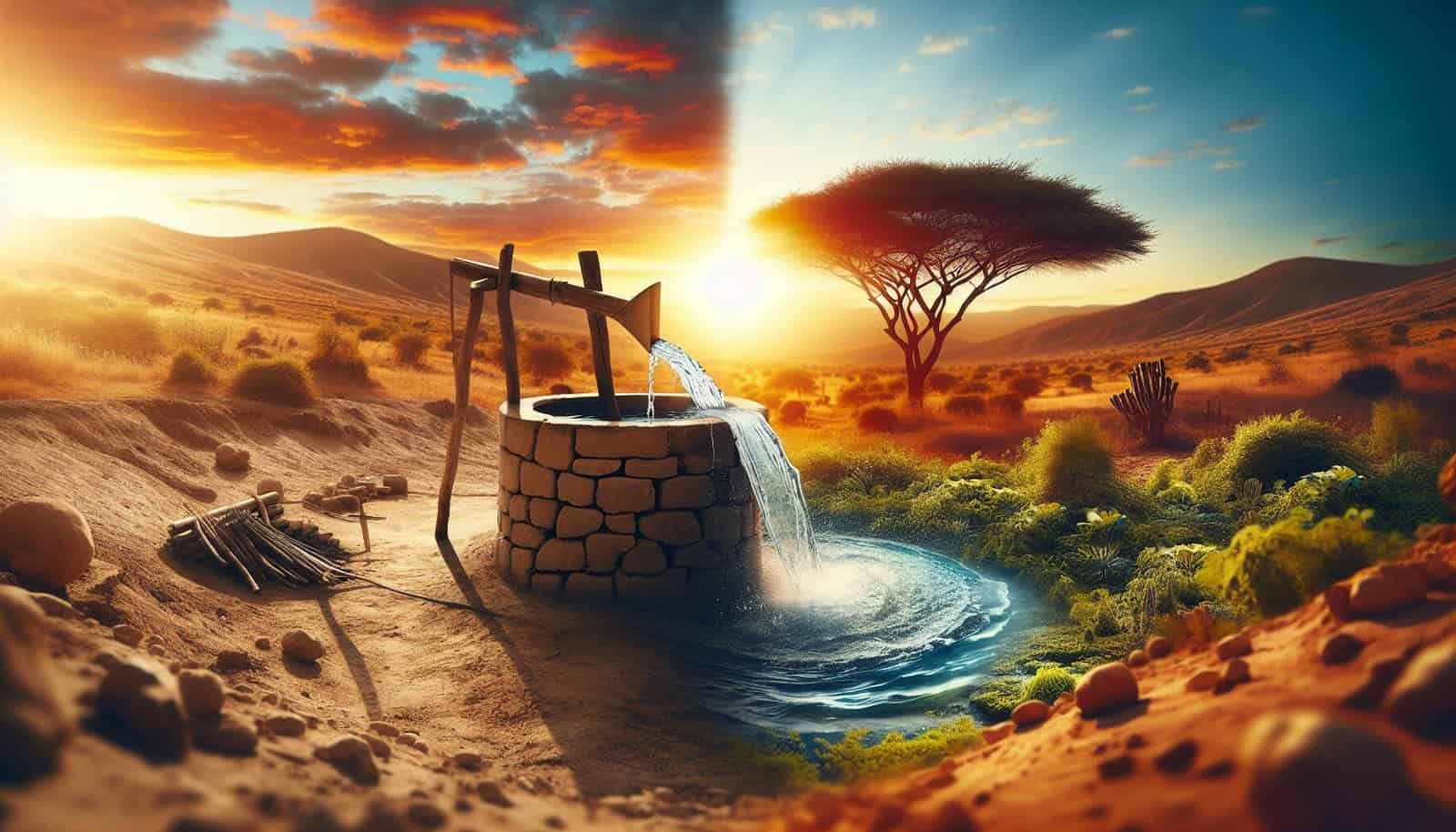
Conclusion: Paving the Way for a Better Future
Mr. Beast’s ambitious endeavor of building 100 water wells in Africa underscores the potential of individual action and collective effort to tackle global issues like water scarcity. By understanding the broader impacts of such initiatives, we equip ourselves with the knowledge and motivation to support, or even initiate, similar projects within our own capacities. Access to clean water is a fundamental right and providing it to underserved communities is a crucial step toward a more equitable and just world. As we reflect on this project, we can ask ourselves what role we might play in creating positive change in our own communities and beyond.
Together, through cooperation, innovation, and commitment, we can make a lasting difference in the lives of those who need it most.
